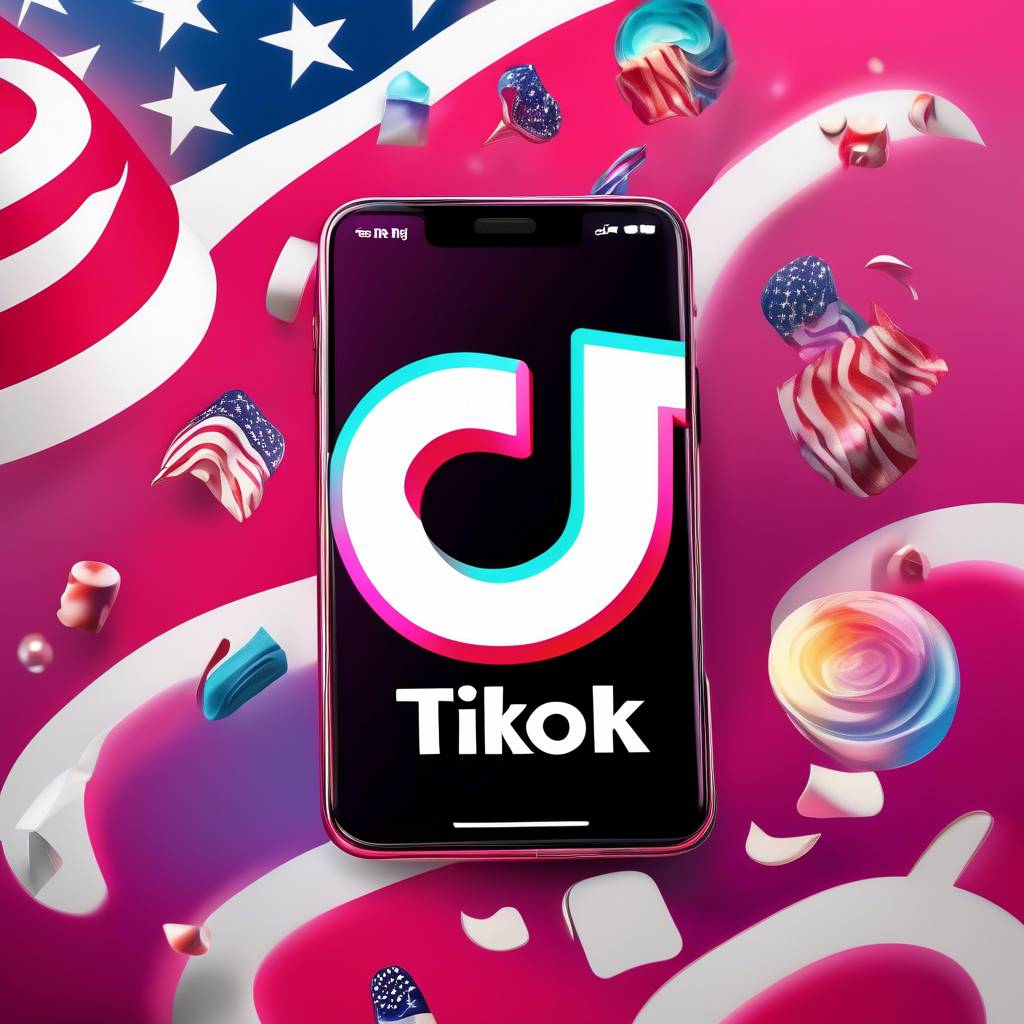TikTok is challenging a law signed by President Joe Biden that would ban the app in the United States unless its China-based parent company, ByteDance, agrees to sell it to an American owner. The company filed a lawsuit against the Protecting Americans From Foreign Adversary Controlled Applications Act, arguing that it is a targeted and unconstitutional ban on the platform. TikTok claims the law violates its First Amendment rights and the free speech rights of 170 million Americans.
The new law was passed due to national security concerns about TikTok being used to surveil Americans or manipulate public discourse. TikTok dismissed these concerns as “speculative and analytically flawed,” stating that imposing such restrictions is not justified when First Amendment values are at stake. The company also argued that banning TikTok could have negative consequences for the American economy and that it would be impossible to divest TikTok from ByteDance in a way that allows it to continue operating in the U.S.
TikTok also pointed out that American social media companies, including YouTube and Instagram, pose similar risks as TikTok but have not faced the same level of scrutiny. The company argued that the law unfairly targets all ByteDance apps, not just TikTok, and all content, not just problematic content. TikTok suggested that there are better ways to address national security concerns surrounding the app, such as negotiating an agreement with the Committee on Foreign Investment in the U.S. rather than imposing an outright ban.
The company highlighted the fact that the Biden campaign joined TikTok shortly before signing the law that could ban it, undermining the argument that TikTok poses significant national security risks. TikTok also criticized the divestiture requirement in the law, stating that it is not commercially, technologically, or legally feasible. The lawsuit claims that there are less restrictive and more narrowly tailored ways to address national security concerns surrounding TikTok, such as negotiating agreements with the relevant authorities or passing industry-wide regulations on data security and content integrity.
Overall, TikTok’s legal challenge to the law banning the app in the U.S. raises important questions about national security, free speech, and the regulation of social media platforms. The outcome of this legal battle could have significant implications for the future of TikTok and similar apps, as well as the broader debate over data security and content integrity in the digital age.









